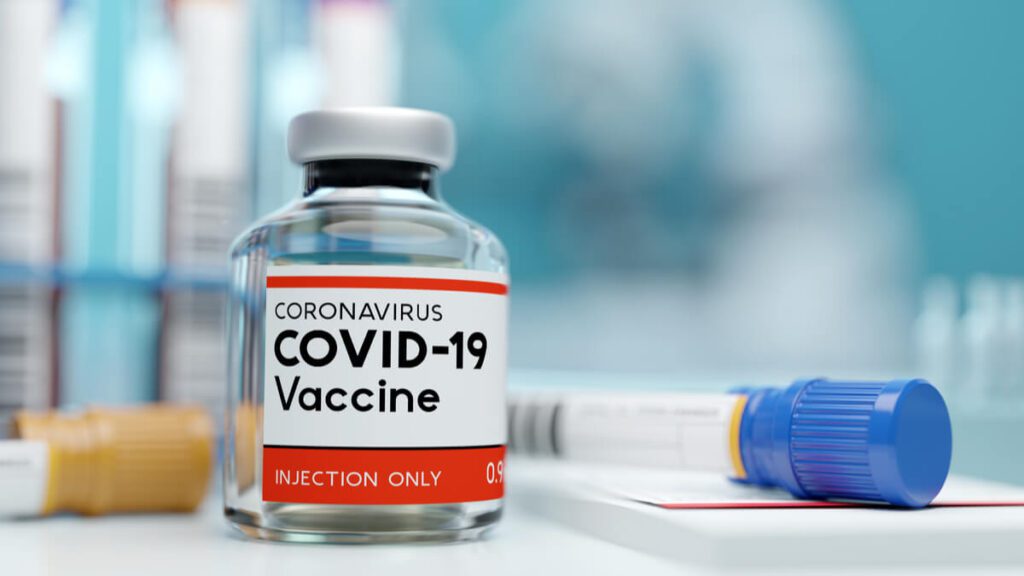
As the race for a new COVID-19 vaccine continues, the University of Oxford vaccine is effective at stopping people from developing COVID-19 symptoms. Overall, results indicated 70 percent protection rate, however, researchers claim that figures can increase to 90% if the dose is modified.
Study lead, Andrew Pollard, Professor of Paediatric Infection and Immunity at the University of Oxford, has vast experience in clinical trials of new and improved vaccines for children and adults.
In comparison to the Pfizer and Moderna vaccines, the University of Oxford vaccine is far cheaper, easier to store and can be transported to every country around the world. It shows highly promising use in tackling the current pandemic, if it gets the approval from regulators, who will assess the vaccine based on safety, efficacy and manufacturing standards. This process is set to take place in the coming weeks.
While typical vaccines usually take around a decade to be developed, the University of Oxford vaccine was developed in about 10 months. Initial trials involved a sample size of 20,000 individuals: 10,000 participants in the UK and 10,000 participants in Brazil. From the study, there were 30 Coronavirus cases from those who received two doses of the vaccine and 101 cases in people receiving placebo treatment.
The researchers say it works out at 70 percent protection however, it increased to 90 percent when people were given a “low” dose followed by a high one. It remains unclear why there is a difference.
Although nothing will happen until the University of Oxford vaccine receives full approval, the UK is preparing for an unprecedented immunization campaign. Care home residents and staff will be the first in line while healthcare workers and citizens 80 years and above, will be the next priority. The plan is to steadily work down the age groups.
After Pfizer and Moderna introduced their vaccine candidates with a protection rate of 95 and 90 percent respectively, a figure of 70 percent might be perceived by some as disappointing. However, in reality, anything above 50 percent is considered promising.
AstraZeneca, Oxford University’s manufacturing partner is prepping to make three billion doses of the vaccine to be made available worldwide.